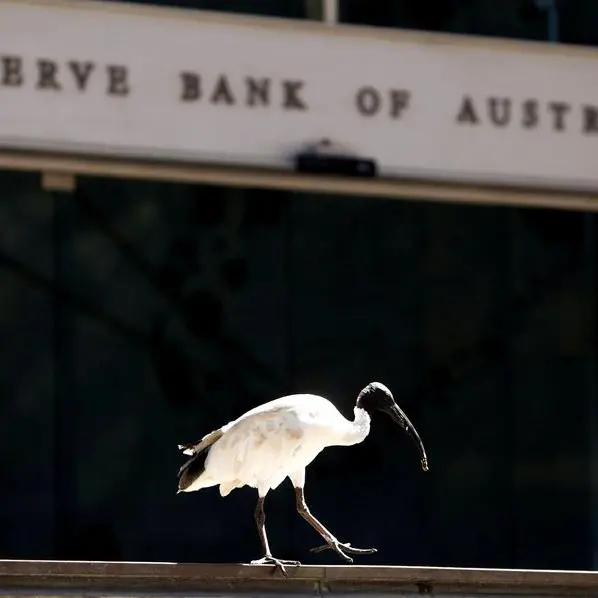PHOTO
LONDON - Investors have encountered a peculiar sight this year: U.S. stock indexes in the red for the year. If these dips do not prove ephemeral, then the U.S. should watch out for a powerful negative feedback loop that could finally dent America's seemingly Teflon economy.
U.S. consumption and growth proved impressively and surprisingly resilient as interest rates moved sharply higher over the past three years. But it may be less bullet proof in the face of a durable stock market shakeout.
One popular explanation for households' and firms' ability to bat away higher borrowing costs is the overall health of their balance sheets. Household debt is relatively modest by historical standards, and years of outsize equity gains have led to mounting wealth.
The scale of those equity gains, the expansion of equity ownership over the past decade and the increasing popularity of equity-based compensation may explain why consumption has been goosed so markedly by the so-called 'wealth effect'.
This is the feel-good factor that can boost consumption when households see their investments rise in value. Those lucky enough to have significant equity exposure have likely felt a lot of it in recent years.
That matters to the economy as a whole, even though only a fraction of the U.S. population holds equities directly, because it's these top-earners who do much of the spending.
As Moody's pointed out last week, almost half of aggregate consumer spending is now driven by the top 10% of the income bracket. That's a new record.
WEALTH EFFECTS
The latest Federal Reserve statistics highlight how well the stock market has treated this income decile and all U.S. equity holders.
In the third quarter of last year alone, the value of equities held by U.S. households rose by $3.8 trillion, boosting the net worth of households and non-profit organizations to a record $168.8 trillion.
That net worth, measuring what households own minus what they owe has risen by more than $50 trillion since before the pandemic and has doubled in 10 years.
Moody's chief economist Mark Zandi estimates the 'wealth effect' added a full percentage point to consumer spending growth last year and 0.7 percentage points to annual GDP growth - a quarter of the growth of the entire economy in 2024.
Rising house prices in a country with a 66% home ownership rate was a big factor, of course. But so was equity exposure, now that almost 55% of U.S. families have some type of retirement account.
In fact, the share of families directly owning stocks rose 6 percentage points to 21% in the three years to 2022 - the largest increase on record, according to the Fed's last update on changes in household finances.
What's more, Morgan Stanley shows that U.S. public companies have increasingly moved to paying employees in stock as well as cash over the past decade. Even though stock-based compensation still represents less than 10% of total pay, this form of compensation in 2022 was almost five times what it was 10 years ago relative to firms' sales.
VIRTUOUS TO VICIOUS?
Economic performance and stock market gains have seemingly reinforced each other over the past decade, creating something of a virtuous cycle. So the question then is whether that cycle may reverse viciously.
True, if you zoom out, this year's pullback among recently high-flying indices - such as the tech-heavy Nasdaq, small-cap Russell 2000 and trackers of the megacap 'Magnificent Seven' - looks like just the latest in a long series of periodic wobbles.
The catch-all S&P500 remains marginally positive on the year, and almost all benchmarks have hit record highs at some stage over the past three months.
But this retreat among some major equity benchmarks is remarkable because these indices are lagging more buoyant global peers that they've trounced for years.
Concern about historically stretched U.S. equity valuations has been dismissed many times in recent years, excused variously by the extraordinary boom in artificial intelligence or the 'exceptional' U.S. economy - or some combination of the two.
Yet domestic business and consumer confidence is truly wobbling this year amid a barrage of economic policy changes, global trade war fears, dangerous geopolitics and intensifying tech sector competition.
Any significant weakening of the economy for any or all of those reasons could well see a deeper drop in such pricey stocks and the loop may be as self-reinforcing as it was on the way up.
The opinions expressed here are those of the author, a columnist for Reuters
(Editing by Andrew Heavens)
Reuters





















